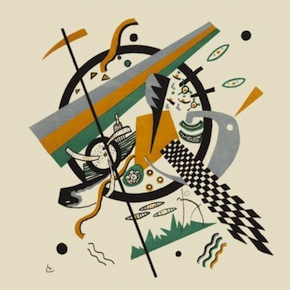
In Fleabag’s head
Phoebe Waller-Bridge’s Fleabag gave us the best TV comedy entrance in living memory and much more besides, and the great news is there’s now a brand new way to binge on the entire show as Fleabag: The Scriptures collects the full shooting scripts from series 1 and 2, together with new insights and comments from...
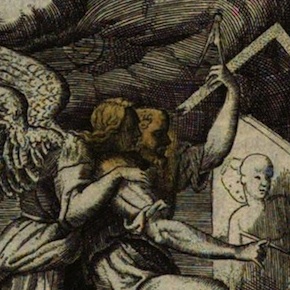
From heaven to earth
One of the most striking characteristics of Socrates, as we know him from Plato, Plutarch, Xenophon, Cicero or Diogenes Laertius, and the numerous, yet exasperatingly fragmentary sources that survive, was his talent for convincing his interlocutors of his utter ignorance of any subject – his signature style was to present himself to the unwary as...
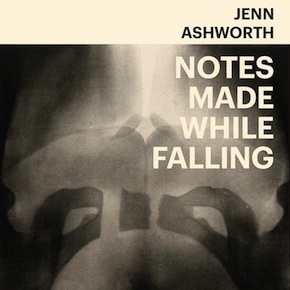
Nowhere, or wherever you are
I wanted to be a writer when I was little. There was no question of it; I knew loads of words, and it hadn’t crossed my mind that there was anything more to it than putting them together on a blank (or blank-ish) surface. I was a writer. I wasn’t prepared to wake up one...
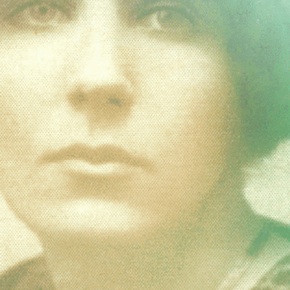
Corsets of conventionality
Zofia Nałkowska (1884–1954) was one of the most important Polish writers of the first half of the twentieth century, prominent in public life and a figure of European significance, whose major works have been translated into English only since 2000. She was a pioneer of psychological modernism. Apart from novels, short stories and plays, Nałkowska...
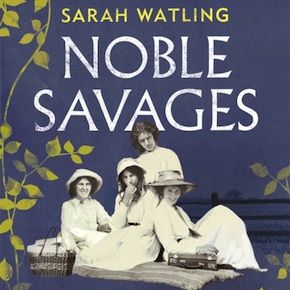
Dim background figures
Among the bold colours and radically liberating shapes that conjured up so indelibly the world of the Bloomsbury Group painters, between the layers of meaning and style of the new women writers, under the shadows or glaring light of history, and at a tantalising distance, both flirtatious and cautionary, from the figures who dominated early...
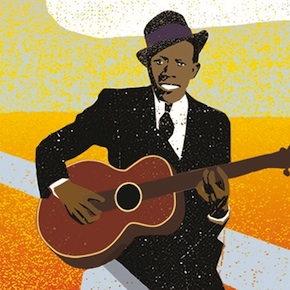
Trying to tell a stranger about rock ’n’ roll
Before I start in on Mark Radcliffe’s romp through pop history Crossroads: In Search of the Moments that Changed Music, I need to make a confession: prior to reviewing this book, I had never heard of Mark Radcliffe. I know it’s wearing pretty thin to use the excuse “I’m new here” after thirteen years living...
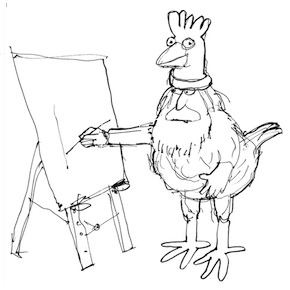
Don’t hurry over them
John Gaskin (he likes to write his first name with a soupçon of Hellenic omega in its spelling) is a rather extraordinary man. A banker quickly turned philosopher and academic, he has been lecturing and writing prolifically on almost all things ancient for more than half a century. Revered for his scholarship and mellifluous paeans...
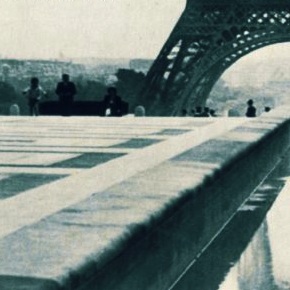
More than itself
More than a poet, Rilke, one might argue, is a supreme embodiment of a Platonic idea of the artist, a sublime abstraction of the power of art and of words to haunt us and to grant us life. Even when alive, he was less a person than he was a persona, a complex yet intangible...
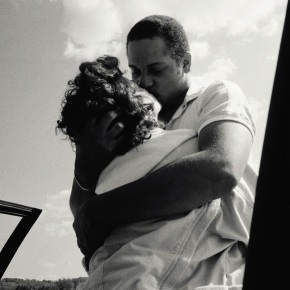
Passion and compassion
In the opening chapter of Regina Porter’s The Travelers, a small dozing girl drifts into the deep end of a pool whilst her grandfather is preoccupied. She doesn’t drown in the end, just as Harry ‘Rabbit’ Angstrom’s granddaughter didn’t drown in John Updike’s Rabbit at Rest. Porter has nonetheless managed to compress a span of...
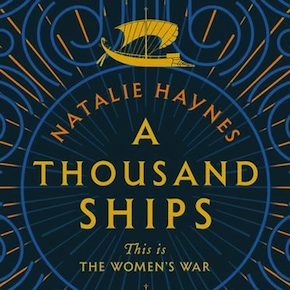
Outrages
In her latest engagement with the classical tradition, a self-proclaimed radical rewriting of the story behind the Homeric epics, Natalie Haynes is openly outraged and angry. Indignant and righteous, she is a strong, vocal, almost virago-like warrior with a declaredly urgent, even vital cause: to resurrect and reinstate the ancient women in the attic, to...
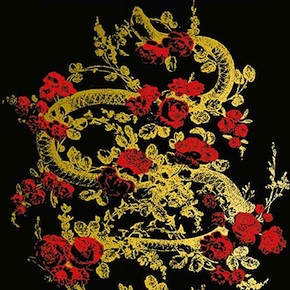
White dreams
In 1685, Louis XIV would sign the Edict of Fontainebleau, revoking an earlier royal decree that had accorded to any French Protestants who had survived the St Bartholomew’s Day massacre the freedom to practise their faith without persecution. The apparent reason given by the Sun King and his court was that the Huguenots were strong-headed,...

